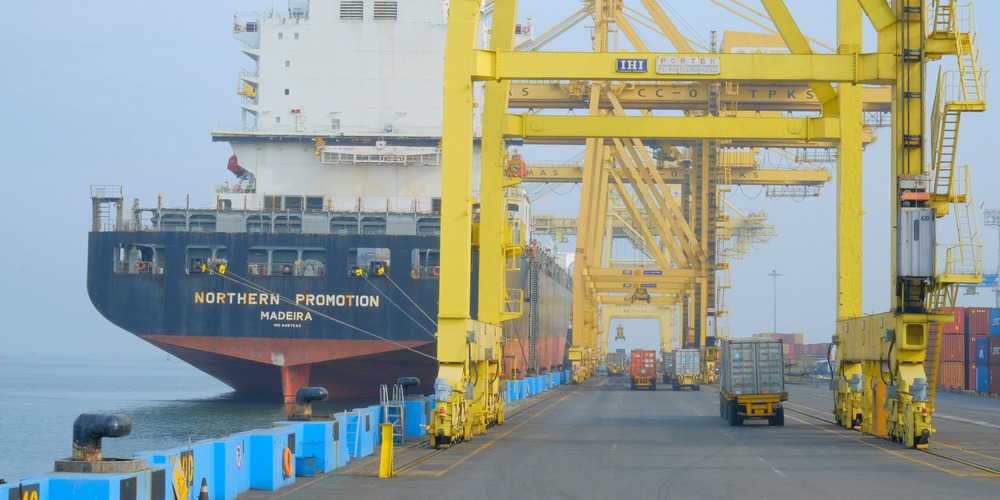Indonesia to launch integrated halal products codification and trade data system by end-2021
JAKARTA – Indonesia will launch in the fourth-quarter a codification system for halal products integrated with trade data, as the biggest Muslim population moves towards its aim of becoming the world’s largest halal exporter.
Afdhal Aliasar, director of Halal Product Industry at the National Sharia Economy and Finance Committee (KNEKS) told Salaam Gateway the agency has been working with the customs and excise directorate general, ministry of finance, national single window agency (LNSW) and national halal agency BPJPH since the end of 2020 to complete the codification system.
The data will be integrated with LNSW data, which is already streamlined with 15 ministries and institutions including the Ministry of Trade, Ministry of Industry, Ministry of Agriculture, Ministry of Marine and Fishery, and the National Food and Drug Agency. LNSW data is also integrated with the goods traffic reporting system at more than 70 main seaports.
The technical aspects of the codification system have been internally approved, said Afdhal.
“[The system] is already one of our top priority programs that must be completed in the fourth-quarter so we can announce it to the public and global society,” he added.
Indonesia’s non-oil exports reached $154.9 billion in 2020, according to data from the National Statistics Agency (BPS). This breaks down into $30.2 billion of food exports and $6.9 billion worth of agriculture, poultry and its related products.
This data does not delineate halal exports as there was previously no official government system to capture what is halal-certified in Indonesia.
As an indication, Indonesia's exports to the 57 member countries of the Organisation of Islamic Cooperation (OIC) in 2020 include $5.96 billion of animal or vegetable fats and oils, $125.54 million of preparations of meat and fish, $93.15 million of pharmaceutical products, and $2,000 of meat and edible meat offals, according to the U.N.'s ITC Trade Map.
The government believes that most of Indonesia's raw materials, ingredients, food and food-related exports are halal.
The start of mandatory halal certification by national agency BPJPH in October 2019 for all products that are halal, beginning with foods and then phasing in others including cosmetics and pharmaceuticals, has allowed the government to start measuring and managing the country's halal production and trade.
“That is why the role of halal product codification that is integrated with trading transaction data is very critical in showing the whole picture of our halal industry development and progress," said KNEKS's Afdhal.
Malaysia is currently the only country that provides data on the volume and growth of its halal exports as part of national trade statistics. In 2020, it reported 31 billion ringgit ($7 billion) worth of halal exports.
Indonesia's halal codification uses the international harmonised system, or HS, coding system, and will ensure halal traceability, according to Afdhal.
"It will help many businesses to register their halal certificates for their products easier since the system can detect the raw materials, work-in-progress and their halal compliance from the input data."
The system will also make the world's halal product industries recognise more halal products originating from Indonesia and will improve the country's position in the global halal value chain, Afdhal added.
© SalaamGateway.com 2021 All Rights Reserved

